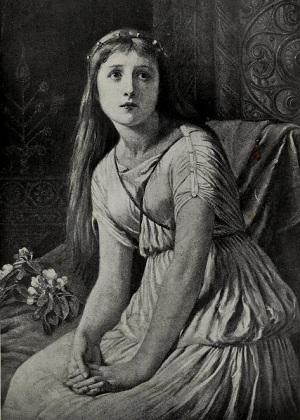| directory |
| home | contact |
|
|||||||||||||||
| search | |||||||||||||||
Famous Quotations from King LearKing Lear, the story of an aging monarch who decides to divide his kingdom amongst his three daughters, according to which one recites the best declaration of love, is packed with lines that we use every day in present-day culture. Here are the most famous quotations of them all, with some honorable mentions.1. Nothing will come of nothing. (1.1.93), King Lear 2. Ay, every inch a king. (4.6.122), King Lear 3. The wheel is come full circle: I am here. (5.3.203), Edmund 4. I am a man More sinn'd against than sinning. (3.2.62), King Lear 5. Pray you now, forget and forgive. (4.7.99), King Lear 6. The worst is not So long as we can say, "This is the worst." (4.1.32), Edgar 7. Although the last, not least. (1.1.85), King Lear 8. How sharper than a serpent's tooth it is To have a thankless child! (1.4.283), King Lear 9. Take her or leave her. (1.1.220), King Lear 10. Come not between the dragon and his wrath. (1.1.127), King Lear Honorable Mention Nature's above art in that respect. (4.6.99), King Lear I cannot heave my heart into my mouth. (1.1.93), Cordelia _____ |

Related Articles |
©1999-2021 Shakespeare Online. All Rights Reserved.